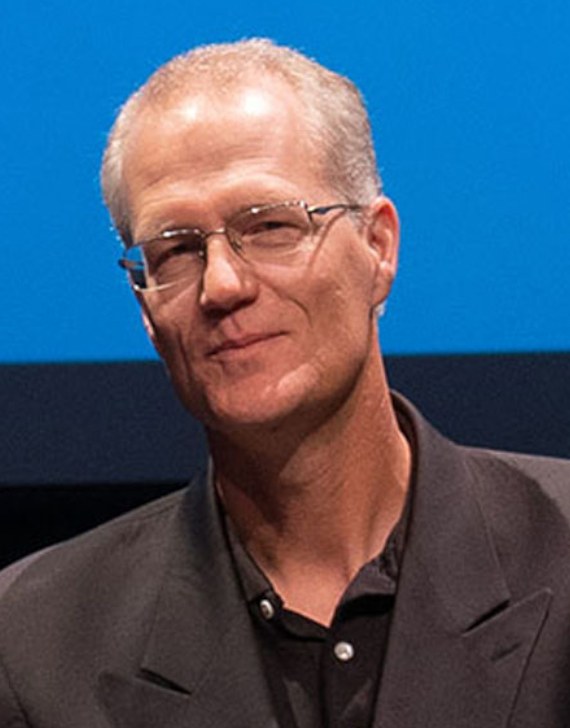
Falko Kuester
Prof. Kuester received an MS degree in Mechanical Engineering in 1994 and MS degree in Computer Science and Engineering in 1995 from the University of Michigan, Ann Arbor. In 2001 he received a Ph.D. from the University of California, Davis and currently is the Calit2 Professor for Visualization and Virtual Reality at the University of California, San Diego. Professor Kuester holds appointments as Professor in the Departments of Structural Engineering and Computer Science and Engineering at the Jacobs School of Engineering (JSoE) and serves as the director of the Cultural Heritage Engineering Initiative (CHEI), the Center of Interdisciplinary Science for Art, Architecture and Archaeology (CISA3), the Calit2 Center of Graphics, Visualization and Virtual Reality (GRAVITY) and the DroneLab.
RESEARCH INTERESTS: Prof. Kuester is a cultural heritage engineer, working on methodologies and techniques for cultural heritage diagnostics and preservation, including diagnostic and analytical imaging as well as visual and cultural analytics techniques that provide engineers, scientists, art historians and restorers, with a means to intuitively and interactively explore historic artifacts. This research is creating the foundation for the development of digital surrogates of world cultural heritage sites and artifacts, providing a means for researchers and the public alike to study these artifacts and facilitate their preservation. His research interests also include tera-scale scientific data visualization, virtual reality and augmented reality, image-based modeling and rendering, robotics and layered manufacturing.
INTEGRATIVE EDUCATION PHILOSOPHY: Prof. Kuester firmly believes in integrative education, combining active learning in the classroom, with applied research and fieldwork, allowing students to learn, evaluate, refine and apply their skills in the context of real-world challenges. In support of this philosophy he has developed multiple new academic programs and supporting curricula at the undergraduate and graduate level, new teaching styles allowing students to actively participate and stay engaged inside and outside the classroom, created applied research development and training opportunities for our students through course projects, directed research, international field schools and expeditions, combined with successful collaborative advising and mentoring strategies, and created multiple new internationally recognized research centers supporting these education, research and training objectives.